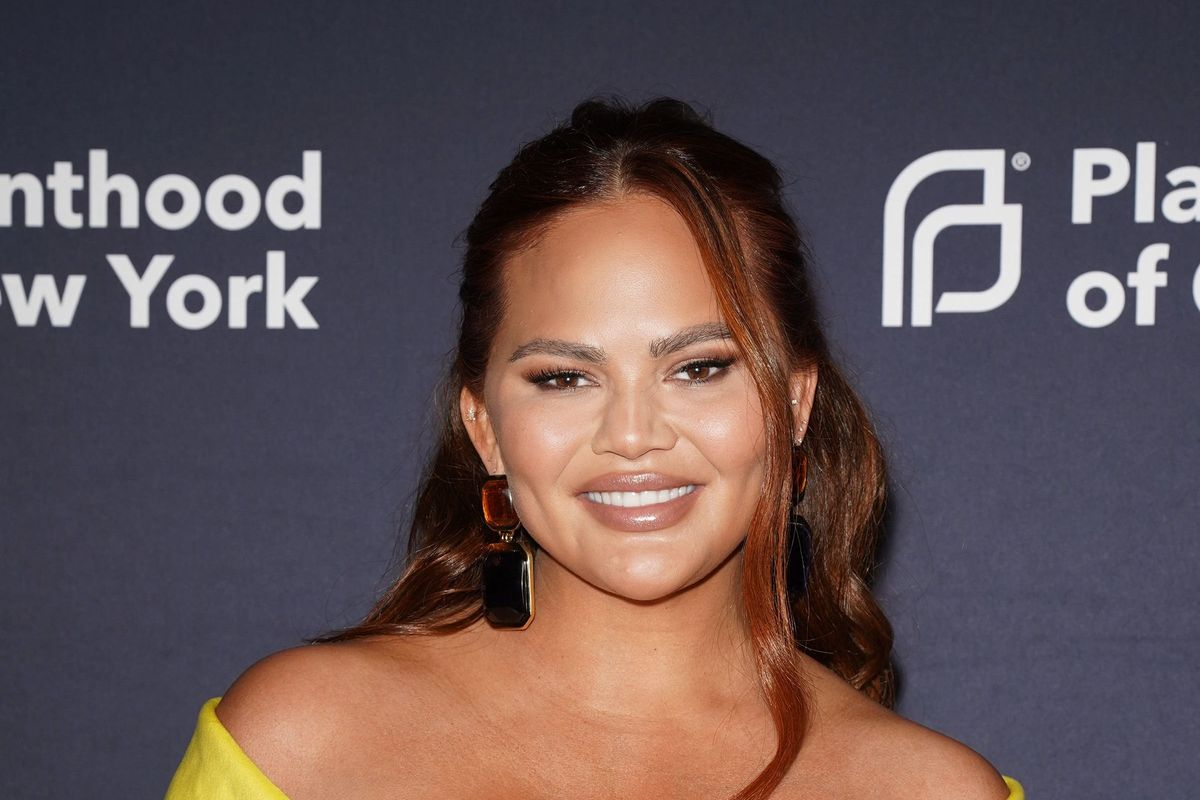A-Rod and J. Lo Seek Financing in Bid to Drive Mets Fans Insane
The couple are in talks with JPMorgan Chase, who may fund their bid to buy the MLB team
Jennifer Lopez And Alex Rodriguez
Jennifer Lopez and Alex Rodriguez may be New York's greatest power couple.
At age 50, J. Lo continues to be one of the most highly-paid entertainers in the world after more than 20 years of fame, while Alex Rodriguez remains the highest-paid baseball player of all time—having earned nearly half a billion dollars in a career that lasted into his 40s. After going out into the world and making names for themselves (names exclusively comprised of their first initials plus the first syllables of their last names), they are bringing that massive wealth back to the city where they were born to...buy The Mets.
Why? J. Lo is from the Bronx, and A-Rod played 12 seasons as shortstop for the Yankees—who play in the Bronx. They have no clear connection to the Mets and a very clear connection to the Mets' biggest rival. Still, A-Rod claims to have been a Mets fan since his childhood. But if that's true, shouldn't he know that the last thing in the world any Mets fan would want is for the richest Yankee of all time to buy their team?
The general view of Mets fans—who haven't seen a World Series victory since 1986—is that the Yankees are a bunch of overpaid jerks who throw their money around to steal championships that other people have been waiting decades for. They're like the rich, snobby summer camp across the lake that's always roaring around in their fancy speedboat and causing the plucky, lovable goofballs at the fun summer camp to capsize their canoe. And now the richest, cockiest A-Wad at Camp Yankminster is trying to buy Camp Metsapaqua and take over the whole lake!
Labored 80s-movie metaphors aside, the rivalry between these two teams is real and potent—it has its own Wikipedia page. It may have reached its peak in 2000, when the Yankees defeated the Mets in game five of the World Series—their third championship in a row. A few years later, A-Rod joined the Yankees, and even for Yankees fans he seemed overpaid and obnoxious. Later, multiple doping scandals would heighten the sense that he hadn't earned his success. How does he think Mets fans will react to their beloved franchise being taken over by someone like that? Does he want their giant baseball-shaped heads to explode?
J. Lo and A-Rod started dating in 2017 and announced their engagement last March. Maybe, as they enter this new phase in their relationship, they want to manifest their love for one another with a big show of their commitment—a fun project they can do together. Maybe they figure they're a little old to start having kids, so a Major League Baseball team seemed like the next best thing. Great. Go buy the Cubs if you want to—they got their World Series redemption in 2016. But leave the Mets alone!
If they really want to revive a beloved New York sports team that has seen better days, why don't they try buying the Knicks—and maybe treat Spike Lee with more respect. Everyone would thank them for it. But if they buy the Mets, there will be riots.
Of course, even with all their combined $700 million wealth A-Rod and J. Lo don't have enough to buy a controlling stake in the multi-billion dollar franchise outright. They are currently trying to arrange financing with JPMorgan Chase. If that esteemed financial institution has any sense of humanity and mercy, the deal won't go through. In other words, the Mets are doomed.
- Report: Alex Rodriguez, Jennifer Lopez Raising Money for Potential ... ›
- Jennifer Lopez and Alex Rodriguez Could Own the New York Mets ... ›
- Alex Rodriguez, Jennifer Lopez take next step to try to buy Mets: report ›
- Alex Rodriguez, Jennifer Lopez take big step in bid to buy Mets ›
- Bronx fixtures J.Lo and A-Rod bond over the Mets | Page Six ›
- Report: A-Rod, J-Lo to place bid on Mets ›
- J.Lo and A-Rod Met Right in Front of Marc Anthony | E! News ›
- Jennifer Lopez, Alex Rodriguez Seek Financing to Bid on Mets ›
- Alex Rodriguez 'could buy Mets for $3bn - but will need other ... ›
- Alex Rodriguez, Jennifer Lopez eye Mets bid, hire JP Morgan to ... ›
- Alex Rodriguez, Jennifer Lopez reportedly looking to buy ownership ... ›
- Jennifer Lopez and Alex Rodriguez Taking Big Steps To Buy NY Mets ›
- Alex Rodriguez, Jennifer Lopez Retain JPMorgan to Raise Money ... ›
- Alex Rodriguez gaining momentum in push to buy Mets; Steve ... ›

